>> Yen Bai improves the efficiency of rural clean water supply projects
>> Yen Bai increases the rate of people using clean water
>> Yen Bai strengthens external inspection of water quality
>> Yen Bai strives to bring clean water to rural areas
>> Yen Bai effectively implements clean water supply and rural environmental sanitation program
In Nghia Lo town, Nghia Lo Water Supply Joint Stock Company plays an important role in ensuring the source of domestic water for the people. Mr. Phan Van Thang - Acting Director of Nghia Lo Water Supply Joint Stock Company, said: "Nghia Lo Water Plant has a designed capacity of 3,500m3/day and night and is currently operating at nearly double its capacity of 6,000m3 /day and night to provide clean water to 12,000 customers in Nghia Lo town and neighboring communes of Van Chan district. In response to the increasing demand for water from the people, the Plant is upgrading to 10,000m3/day and night. In addition, the Company has also invested in developing a water pipeline system to urban areas and communes." The participation of local authorities also plays a key role.
Mr. Hoang Van Hoa - Chairman of the People's Committee of Nghia Loi Commune, Nghia Lo Town shared: "Nghia Loi Commune currently has nearly 1,700 households with more than 4,000 people. Previously, water sources were mainly exploited from streams and dug wells. However, due to urbanization and climate change, water sources were polluted and depleted. Facing these difficulties, Nghia Lo Water Supply Joint Stock Company has expanded water pipelines to 100% of villages in the communes. Up to now, 100% of people in the commune have been using hygienic water, ensuring health and improving the quality of life."
By the end of 2024, the province had 362 centralized water supply projects, of which 349 projects had been handed over to management, use and exploitation units. The province has also issued important legal documents to strengthen the management, exploitation and effective use of centralized water supply projects.
Thanks to that, by 2024, the rate of rural population using hygienic water will reach 96% and the rate of rural households using clean water that meets standards will be 17%. However, besides the achievements, the management and exploitation of clean water projects still face many challenges. Water quality control is also a difficult problem when most projects are small-scale and have simple treatment technology.
Resources for investment in renovation and upgrading to meet new standards are limited, while low water prices make it difficult to conduct regular water quality testing. The province also does not have a specific mechanism or policy on rural water consumption prices. If calculated correctly and fully, water prices may be high, not suitable for the income of the majority of people in mountainous areas.
With the determination to continuously improve the quality of life for rural people, striving to reach 98% of the rural population using hygienic water by 2025, and 20% of rural households using clean water that meets standards, Yen Bai province will deploy many synchronous solutions.
In particular, perfecting policy mechanisms, especially on rural clean water prices, along with price compensation policies from the budget is extremely necessary; continuing to invest in upgrading and repairing works, and applying advanced treatment technology is an urgent requirement.
For specific areas, it is necessary to study small-scale water supply models and effective household water storage. Communication work needs to be strengthened to raise people's awareness and behavior in saving water and protecting works.
At the same time, improving the management and operation capacity of grassroots staff and increasing socialization and attracting non-state resources to participate in investment and management are key factors to ensure sustainable effectiveness of water supply projects.
Ensuring clean water for rural areas is not only a socio-economic goal but also demonstrates the responsibility and concern of all levels of government. With the participation of the entire political system and the consensus of the people, we believe that the problem of managing, using and protecting centralized water supply works in Yen Bai will soon find an optimal solution, bringing cool, safe water to every home.
| A worrying fact is that there are up to 104 inactive projects, showing the waste of investment resources and weaknesses in management and operation in some places. The water loss rate is still high, ranging from 15-20% in new projects and up to 30-40% in old projects, due to many reasons such as: long pipeline systems, complex terrain and low awareness of people about protection. |
Hung Cuong
Source: https://baoyenbai.com.vn/12/350470/Yen-Bai-tang-cuong-quan-ly-khai-thac-hieu-qua-cac-cong-trinh-cap-nuoc-tap-trung.aspx





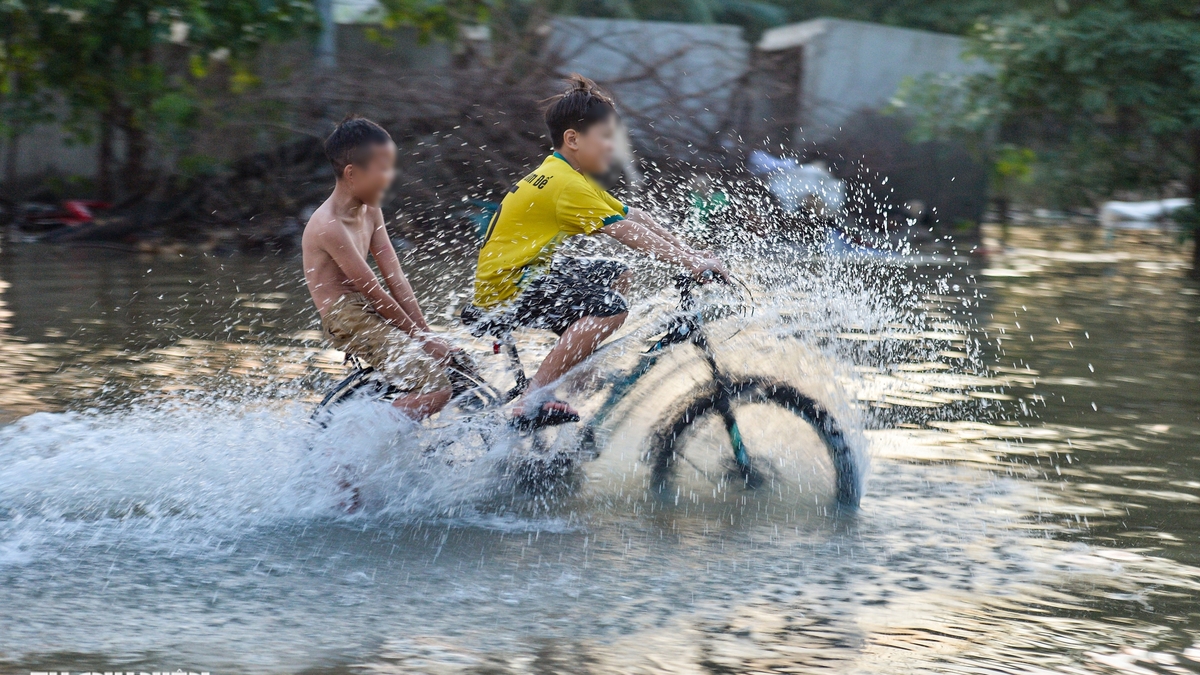
![[Photo] Prime Minister Pham Minh Chinh chairs the Conference to deploy the National Target Program on Drug Prevention and Control until 2030](https://vphoto.vietnam.vn/thumb/1200x675/vietnam/resource/IMAGE/2025/10/09/1759990393779_dsc-0495-jpg.webp)
![[Photo] Prime Minister Pham Minh Chinh chairs a meeting of the Government Standing Committee on overcoming the consequences of natural disasters after storm No. 11](https://vphoto.vietnam.vn/thumb/1200x675/vietnam/resource/IMAGE/2025/10/09/1759997894015_dsc-0591-jpg.webp)
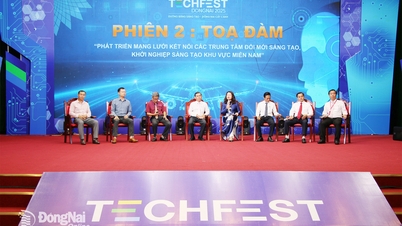



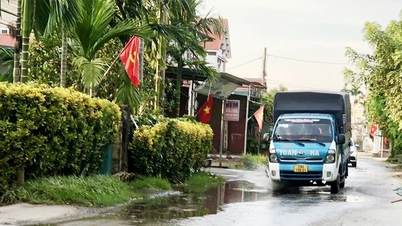



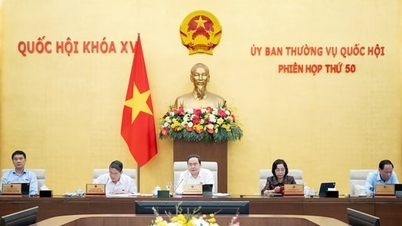

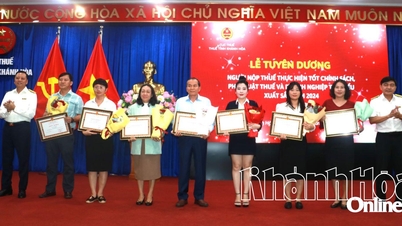





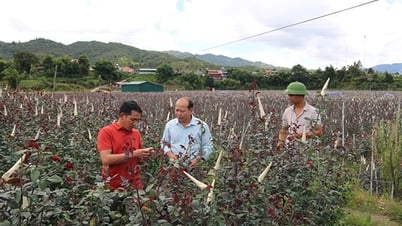
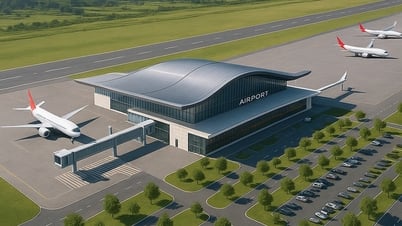
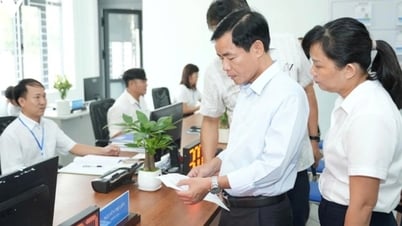
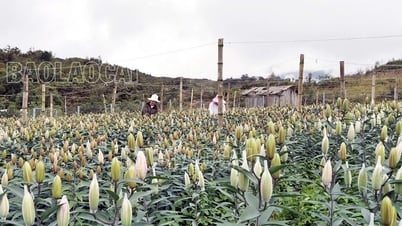
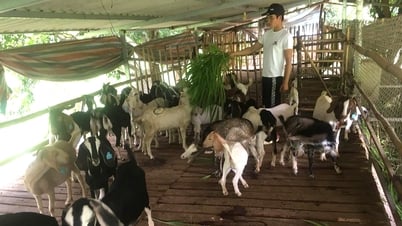
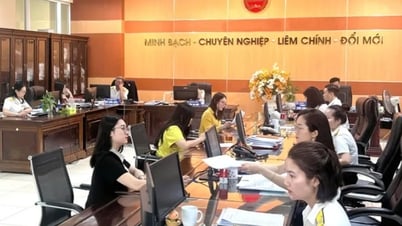


























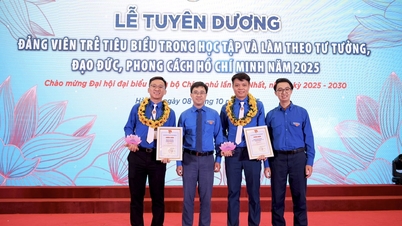
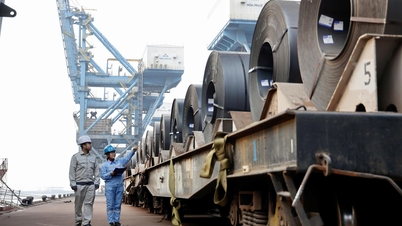




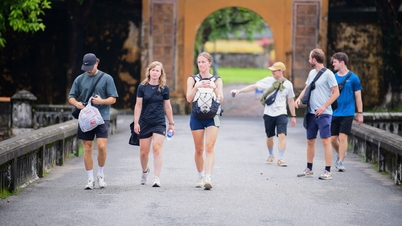




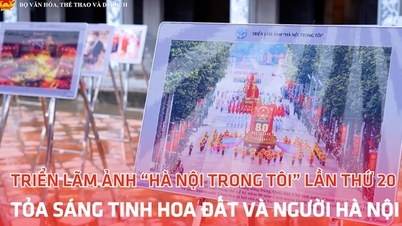
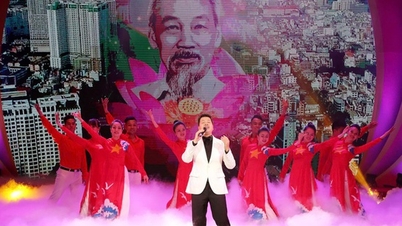


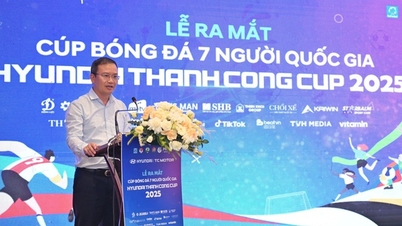
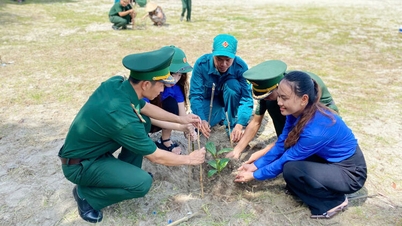



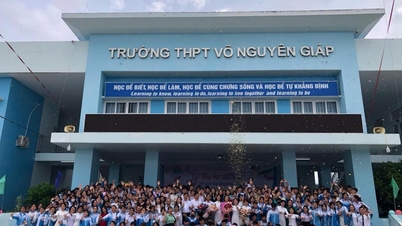




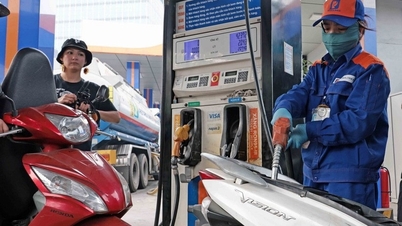










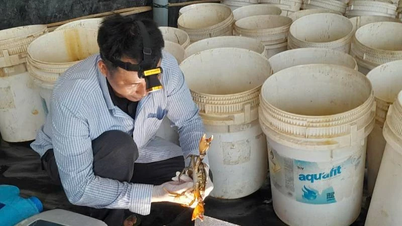




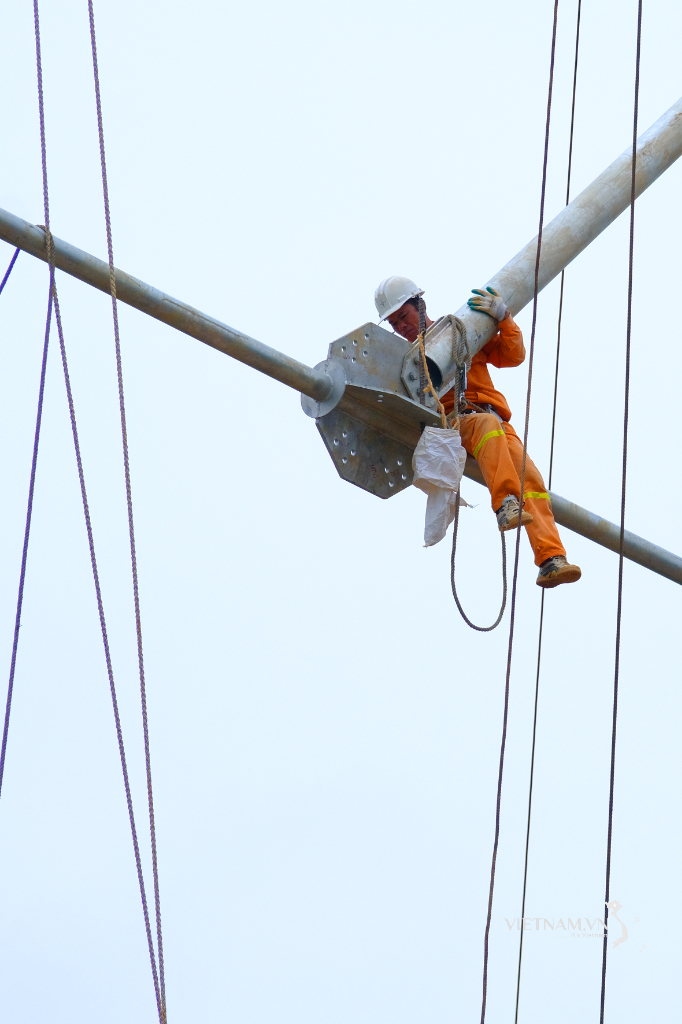
Comment (0)